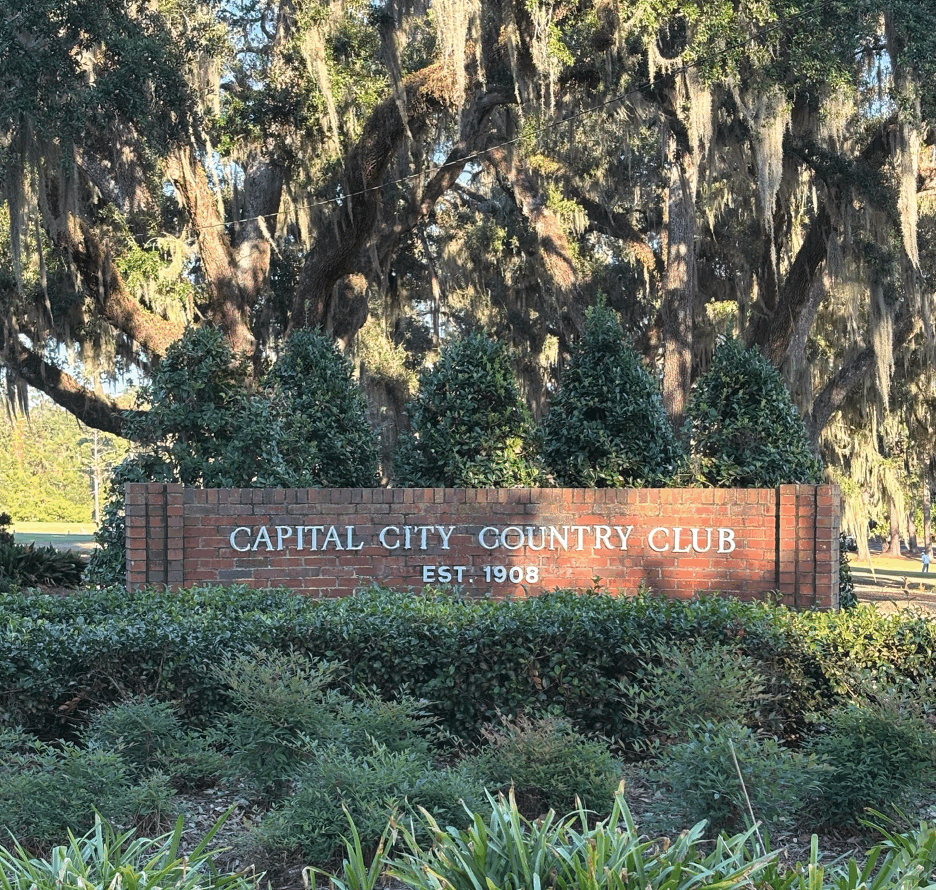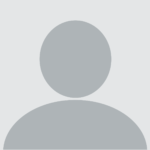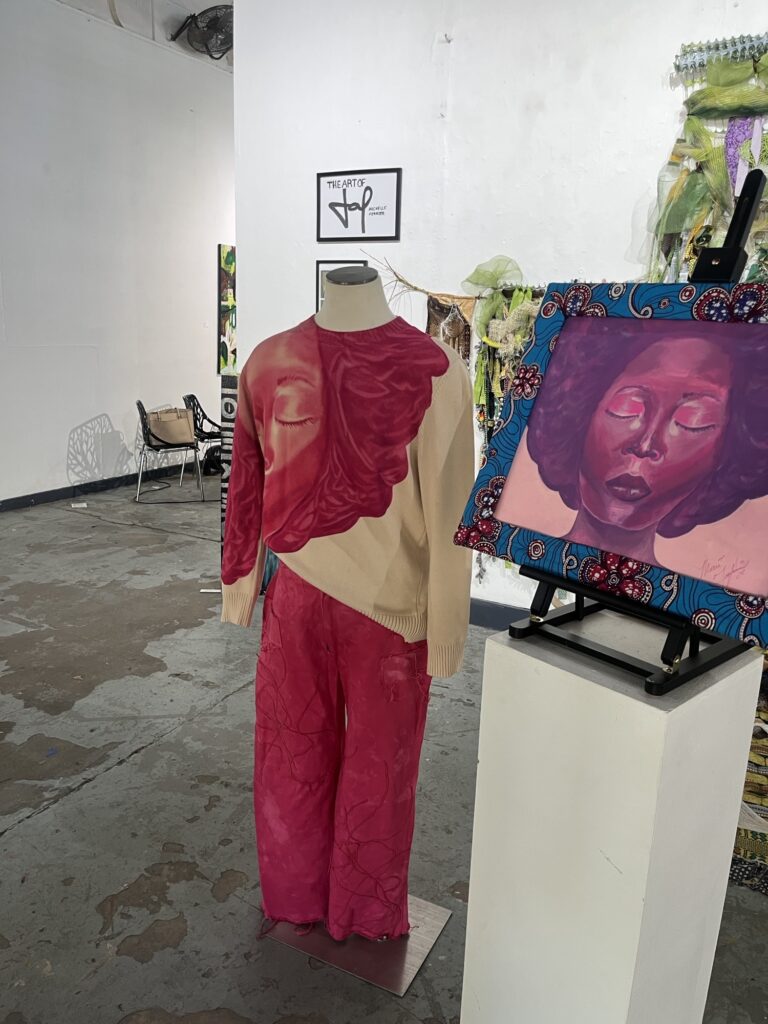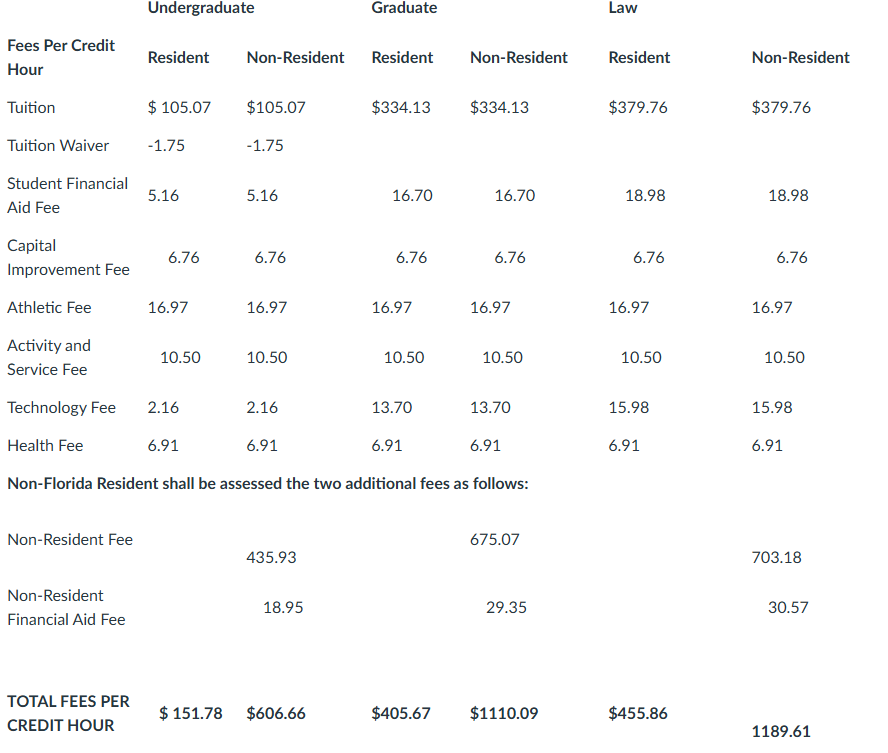
By| Nichelle Cobb
FAMU hosted a Town Hall Panel discussion apart from the observance of Black History Month, on Friday, February 9th. The Town hall included a profound discussion featuring all African American Panelist and a question and answer session immediately afterward. The panel included various relevant topics that are affecting the Black Community including health care, gentrification, social injustice, and how to increase Black wealth.
The discussion was moderated by FAMU Alumna and Apostle Jacquell Lawson. The prestigious individuals that made up the panel were: Dr. Larry Rivers, Representative Ramon Alexander, Dr. David Jackson, and Miss Black Florida Alexandria Washington.
One of the opening questions the panelist tackled was the need for Black History Month in our society today. Black History month first started as Negro History Week in 1926 and was established by Carter G. Woodson. Dr. Jackson said, “We still need Black History month until everyone knows our history.” Our history serves as a compass, telling people who they are and where they need to go. In America, we live in white history every single day. Dr. Rivers said, “African American History needs to be integrated with all of history.” In the education system, the history of African Americans should be taught just as much as students learn about American history.
Furthermore, the Black history month discussion transitioned into the panelist speaking on the importance of our culture. Representative Alexander said, “We have developed a culture of faith and tenacity and there is no other group of Americans that have endured what we have been through.” That’s why it is important to understand the uniqueness of our culture so that we can continue to educate generations in the future.
According to the panelist, one of the best ways to educate black youth is promoting and advocating for HBCU’S. A lot of times government officials try to hinder HBCU’S success by not granting them equal funding. “The system is not designed for HBCU’S to succeed,” said Alexander. Even though the government may not support HBCU’S they still must remain relevant. “HBCU’S must continue to create innovative programs to serve students and provide customer service,” said Rivers.
As the discussion progressed, the conversation got deeper when more serious topics surfaced. One major issue that was addressed was the lack of resources in Black neighborhoods. Washington said, “Southside grocery stores don’t have healthy and good quality food options.” This contributes to the health issues that are attacking the Black community. In addition, “there are few healthcare facilities in urban neighborhoods which causes African Americans to have to travel way cross town for medical attention.” If you are a person living in these communities and don’t have your own personal transportation it becomes a hassle getting to doctor’s appointments or even getting a refill on your medication.
Social Injustices was one of the final topics covered during the town hall. The Black community has been dealing with social injustice for hundreds of years. Alexander said, “Activist like the Dream Defenders and the Black lives matter movement are needed to encourage our community to keep fighting.” Conversations about Black issues and the solutions to them need to keep happening to inspire movement and change to take place. Second-year accounting student Joshua Thomas said, “The Town Hall discussion was very informative and made myself and others realize how important it is to be aware of the issues that are impacting our community.”
In Retrospect, the Town Hall event was necessary for the culture and sparked a lot of discussion from the audience. It inspired students because the future of the Black Community is in this generations hands. Therefore, in the words of Representative Alexander, African Americans need to have a seat at the table because “If you are not sitting at the table, you are on the menu.”














